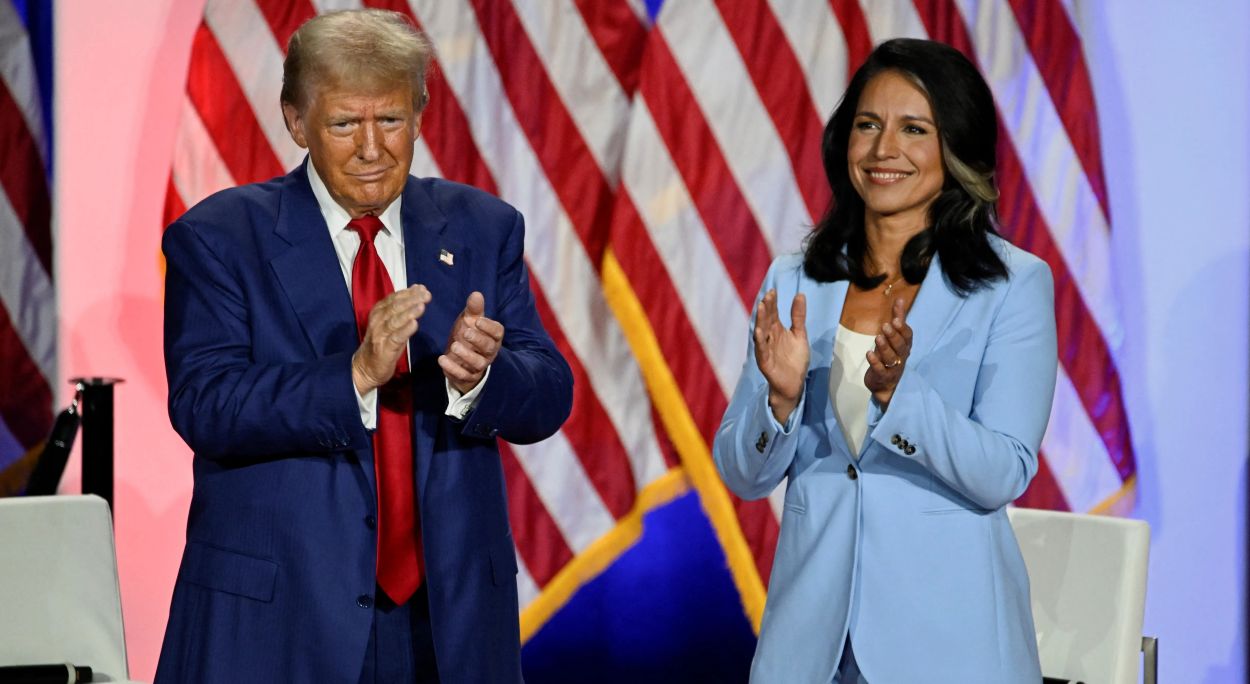Tulsi Gabbard, nominated by President-elect Donald Trump as the director of national intelligence, is poised for a rigorous confirmation hearing. Gabbard, a former Democratic representative from Hawaii who switched to the Republican Party, is a known Trump supporter.
Senator James Lankford expressed on CNN’s “State of the Union” that Gabbard’s nomination would invite intense scrutiny. Key concerns include her controversial 2017 meeting with Syrian President Bashar al-Assad and her statements that appeared sympathetic to Russia.
Gabbard has also been criticized for contradicting U.S. intelligence claims about Assad’s use of chemical weapons on civilians. Furthermore, in 2022, she suggested that Russia’s invasion of Ukraine might have been averted if the Biden administration and NATO had addressed Moscow’s “legitimate security concerns.”
“We’ll have many questions,” Lankford stated. “We’ll want to delve into the reasons behind her actions as a congresswoman and clarify her past comments.”
The hearings occur amid heightened scrutiny of Trump’s cabinet picks. Notably, former Representative Matt Gaetz withdrew his nomination for attorney general amid escalating bipartisan concerns over allegations of sexual misconduct.
Focus also shifts to Pete Hegseth, nominated for defence secretary, who faces allegations of sexual assault—which he denies—and has controversial views on women in combat.
Missouri Senator Eric Schmitt, defending Gabbard, criticized accusations of her being a Russian sympathizer as baseless and offensive. “It’s a slur, quite frankly,” Schmitt remarked on NBC’s “Meet the Press.”
As debates continue, U.S. policy toward Ukraine is expected to change under Trump, who has vowed to resolve the conflict ignited by Russia’s invasion swiftly.
Read : Trump Plans to Exclude Transgender Personnel from US Military
Meanwhile, Representative Mike Waltz, likely national security adviser, emphasized on Fox News Sunday the need for a decisive and peaceful resolution to the war, cautioning adversaries against exploiting the presidential transition. “We are united,” Waltz asserted, highlighting a cohesive approach between administrations.






